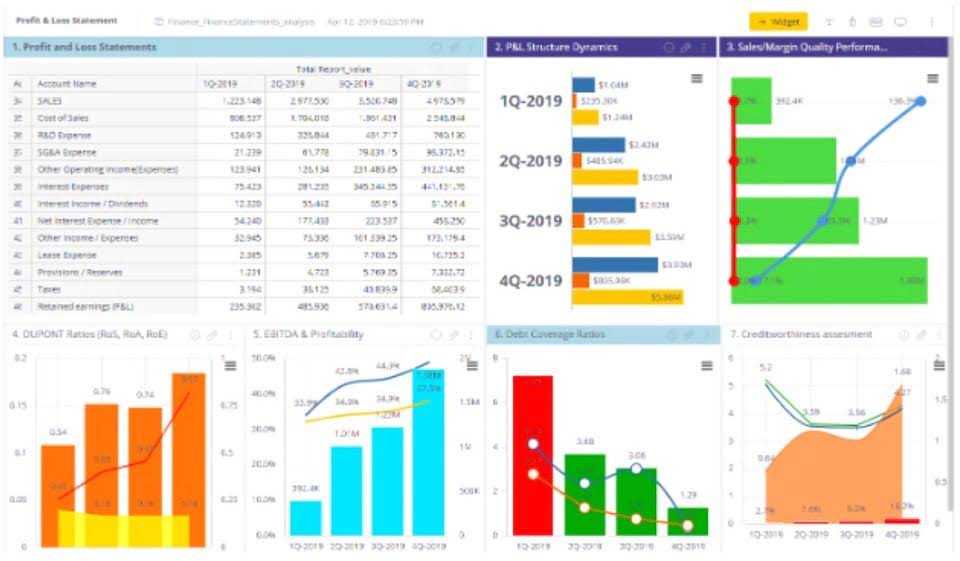
One of the main ways bookkeeping enhances transparency in a client relationship is by providing accurate and detailed invoices and receipts. With proper bookkeeping, contractors can easily track all expenses related to a project and provide clients with a breakdown of the costs. This helps clients to have a clear QuickBooks understanding of where their money is being spent and increases their trust in the contractor. Contractors often work on a project-to-project basis, and bookkeeping can help them accurately estimate project costs.

Setting Up Your Construction Bookkeeping System
- As long as they’ve estimated the unit pricing correctly, the contractor may increase their revenue in this case.
- Construction bookkeeping services like software make expense recording easier, though some opt for recording bills in a comprehensive journal.
- To calculate the quick ratio, simply add cash and accounts receivable and divide that sum by current liabilities.
- Clients who pay you more than $600 annually are required to provide a Form 1099-NEC, which reports your earnings to the IRS.
- We automatically track paid, opened and outstanding estimates and invoices so you don’t have to.
- Firstly, construction bookkeeping provides accurate and detailed financial records.
If you decide to outsource, consider QuickBooks Live Expert Full-Service Bookkeeping. You get matched with a certified bookkeeping pro who works in QuickBooks with you, keeps your books clean each month, and helps prep for tax time. Payroll alone can get complicated, especially if you’re working across states, using union labor, or paying prevailing wages.
- It’s a great midmarket option, as it combines construction accounting with its strong project management module.
- Bookkeeping for contractors is very important as it allows them to accurately keep track of their financial transactions and monitor the financial health of their business.
- Unlock the fundamental principles of debits and credits with Performance Financial.
- Understanding each type of construction accounting — as well as the advantages and disadvantages of each — can help a construction business choose the right method for its situation.
- This information is crucial for filing taxes, gaining insight into business finances, and making strategic decisions for the future.
Payroll

Selecting the right job costing and bookkeeping software is crucial for construction businesses to track expenses, manage budgets, and streamline financial processes. The right software should integrate job costing, invoicing, payroll, and tax compliance into a single platform. Manual bookkeeping might work when you’re just starting out, but as your construction business grows, keeping up with job costs, invoices, payroll, and tax deadlines becomes overwhelming. That’s where construction accounting software becomes a lifesaving tool.
How to Use Break-Even Analysis to Make Smarter Business Decisions
Effective bookkeeping for contractors accounting and bookkeeping also help contractors plan budgets, assess profitability, and manage subcontractor payments. Keeping organized financial records ensures smooth audits and tax filings while minimizing errors. Utilizing cloud-based accounting solutions allows real-time financial monitoring, improving decision-making and overall business efficiency.

That’s why it’s critical, to save up cash reserves early in the construction industry. Since construction jobs are invoiced on a regular basis, it’s important to ensure that all invoices are tracked and accounted for. Monitor when they’re sent, received, and paid for throughout the project. It’s not uncommon for firms to have multiple projects occurring at the same time, so tracking invoices ensures that nothing gets lost and falls through the cracks. Bookkeeping for construction companies is based on construction contracts, which typically last longer compared to other industries since projects can take months or years to complete.
Construction Accounting 101: A Simple Guide for Contractors
Learn how to calculate liabilities with our complete guide, featuring step-by-step processes, essential formulas, and examples for finance managers. Discover the different types of accounting, how they work, the benefits of knowing them, and how to choose the best one for your business. Contractors enjoy greater flexibility but Suspense Account must handle all tax obligations, benefits, and bookkeeping on their own. Outbooks is a leading provider of Virtual Bookkeeping & Accounting Services across the USA. Management should provide oversight to ensure that internal controls are being followed and that any weaknesses are addressed in a timely manner.

Job costing
The main benefit of milestone payments is that you, as the contractor, don’t need to wait for payment until project completion. This tip works well with the previous tip, as it allows companies to receive payments by phases — not projects. Most construction companies are only concerned about the bottom line on their financial statements.
Bookkeeping refers to the process of recording and maintaining financial transactions in an organized manner. This includes recording income, expenses, payments, and other financial transactions that occur within a business. Bookkeeping is critical to running a successful business, as it provides a clear and accurate record of the business’s financial status.
Often, construction companies have several projects on the go in different areas. Businesses that work in other provinces or even in the U.S. have additional costs to consider, such as tax payments. However, the more projects you have on the go and the more people that work for you, the more you need to have a reliable bookkeeping process. They also serve as a CPA near San Jose, and the Bay area – diligently serving local San Francisco Bay Area small businesses. He’s also aligned to provide pro-active tax reduction planning, payroll services & bookkeeping for small businesses – particularly contractors and construction companies.

Comentários